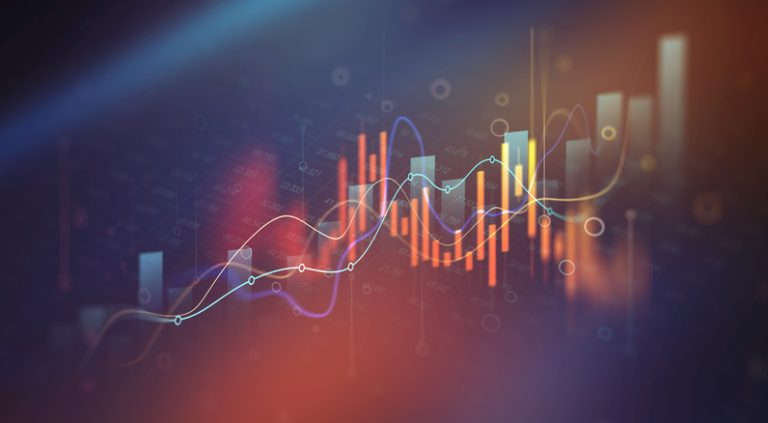
As the music industry becomes more data-driven, record labels and producers are increasingly leveraging AI-powered analytics to forecast which songs will dominate the charts. This shift marks a fundamental change in how hits are produced and marketed. By analyzing streaming patterns, social media trends, and even song structure, artificial intelligence is helping predict musical successes with unprecedented accuracy. However, this raises critical questions about the future of creativity in music: Can AI truly capture the human element, or are we reducing art to mere algorithms?
The Role of AI in Predicting Hits
Big data and AI have significantly reshaped music production. Platforms like Spotify and Apple Music use data analytics to monitor listener behavior, identifying trends and preferences to generate personalized playlists. However, for record labels, the stakes are much higher. They use predictive analytics not only to understand audience preferences but also to shape their music production strategies.
Companies like Tencent Music Entertainment have developed PDM (Predictive Model) technology, which analyzes song structure, lyrics, and past trends to predict a track’s potential to become a hit. By using AI-driven tools, Tencent can target songs to specific demographics and craft marketing strategies based on predicted outcomes. Similarly, companies like Warner Music Group use AI to scout new talent and determine which artists have the greatest potential based on streaming and social media data.
How It Works: Data-Driven Music Production
AI-driven platforms like Musiio and Asaii use machine learning to analyze millions of data points from past hits. These systems assess elements such as tempo, key, melody, and lyrical sentiment to understand what combinations resonate with audiences. For instance, AI can analyze a song’s emotional tone using sentiment analysis, predicting how listeners might react and adjusting the production process accordingly.
By integrating AI into the early stages of music creation, record labels can make data-informed decisions about which songs are likely to perform well commercially. This allows them to invest resources more efficiently, focusing on tracks with the highest potential for success.
The Benefits of AI in Music
For record labels, the ability to predict hits offers a competitive advantage. Data analytics reduces the financial risk associated with promoting new music by increasing the likelihood of selecting successful tracks. This also allows for targeted marketing—record labels can tailor their strategies to specific audiences, improving engagement rates and driving higher sales.
Moreover, artists benefit from AI by receiving data on which elements of their music resonate most with fans. This insight can help musicians refine their sound or focus on certain themes in future projects, improving their overall commercial appeal.
The Ethical Dilemma: Is Creativity Being Reduced to Data?
While AI offers powerful tools for predicting hits, it also raises ethical concerns. One key issue is the potential loss of musical diversity. As AI increasingly influences music production, there is a risk that the industry could prioritize songs that conform to tried-and-tested formulas, stifling creativity and innovation. If data analytics favors specific genres, tempos, or lyrical themes, artists may feel pressured to conform, limiting artistic exploration.
Additionally, there are concerns about algorithmic bias. AI models rely on historical data, which can inadvertently perpetuate existing trends and reinforce industry biases. As a result, underrepresented artists and genres might struggle to break through, further homogenizing the music landscape.
Conclusion
Music Industry Weekly understands that AI and data analytics have revolutionized the way the music industry operates, offering powerful tools for predicting hits and optimizing marketing strategies. However, as the industry becomes more reliant on data, it is crucial to balance commercial success with artistic creativity. While AI can help identify patterns and predict trends, the true magic of music lies in its unpredictability—something that no algorithm can fully replicate.